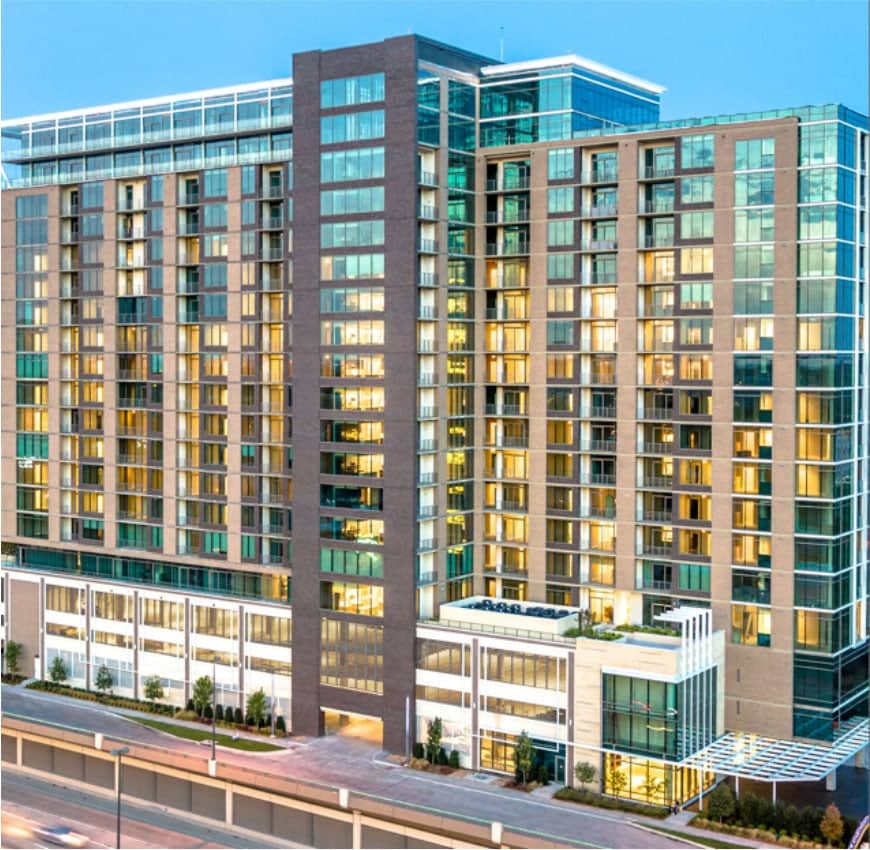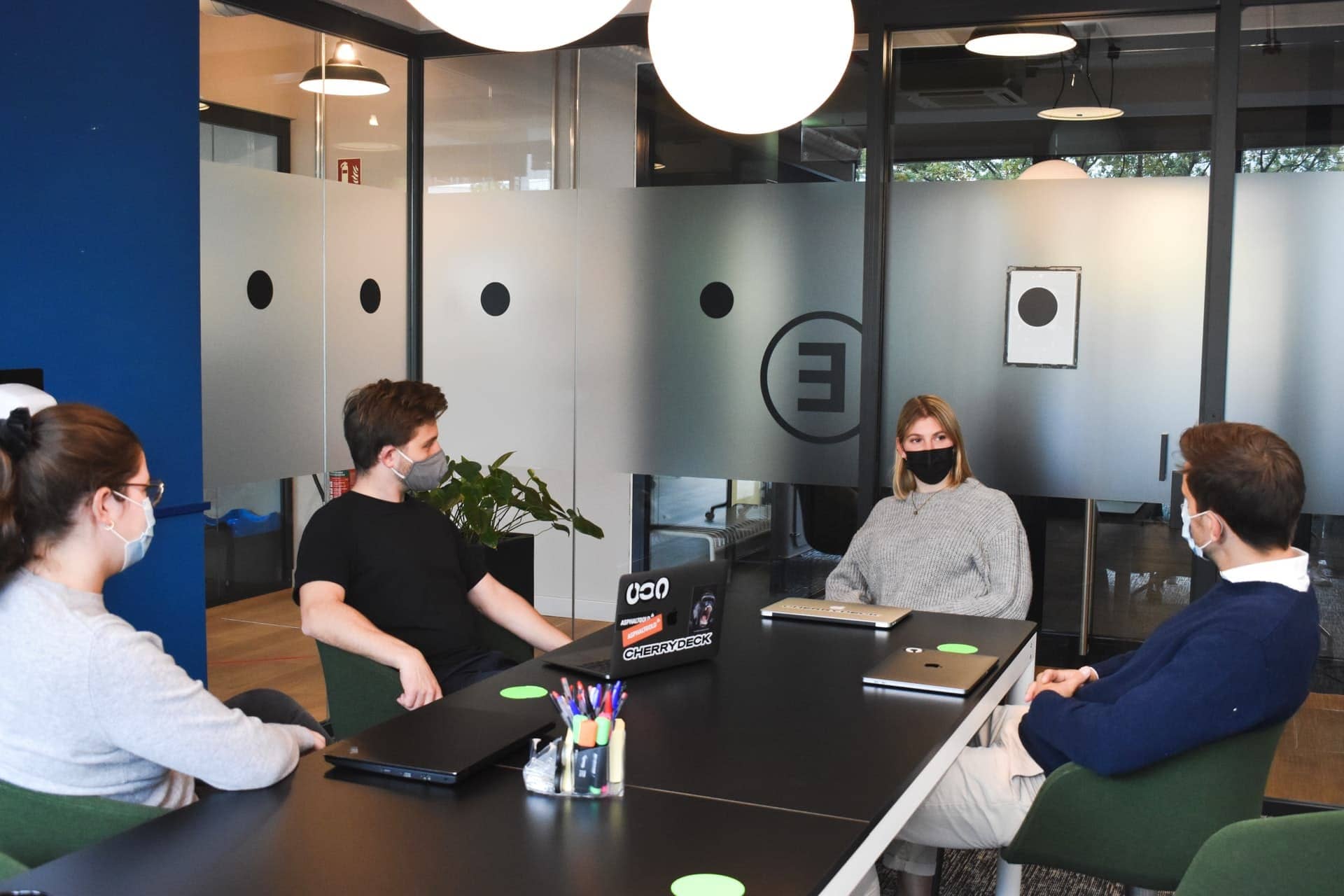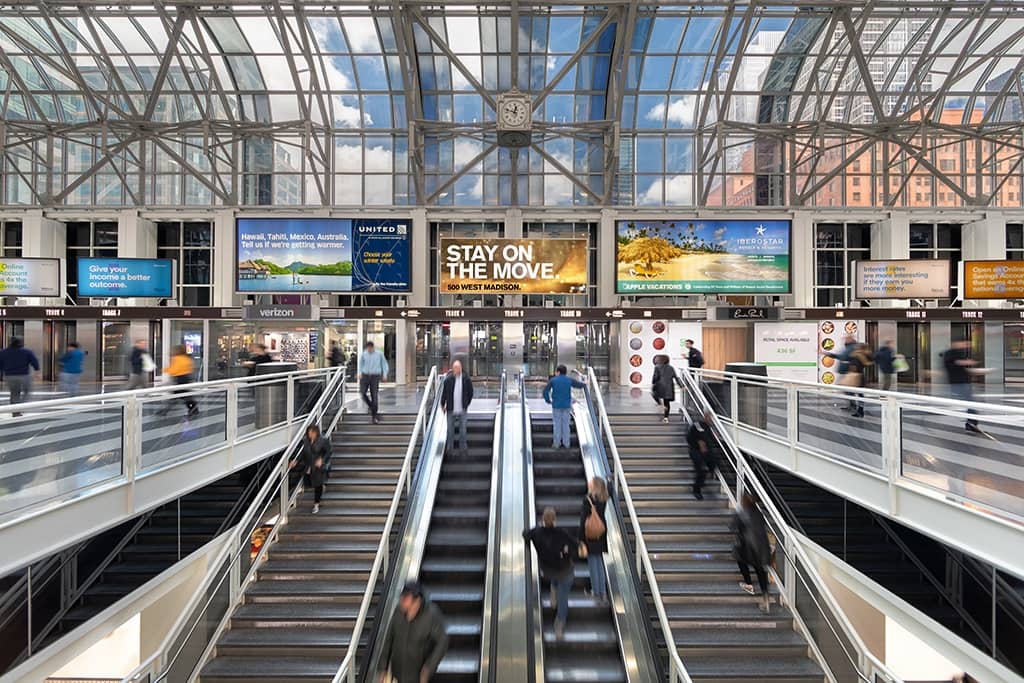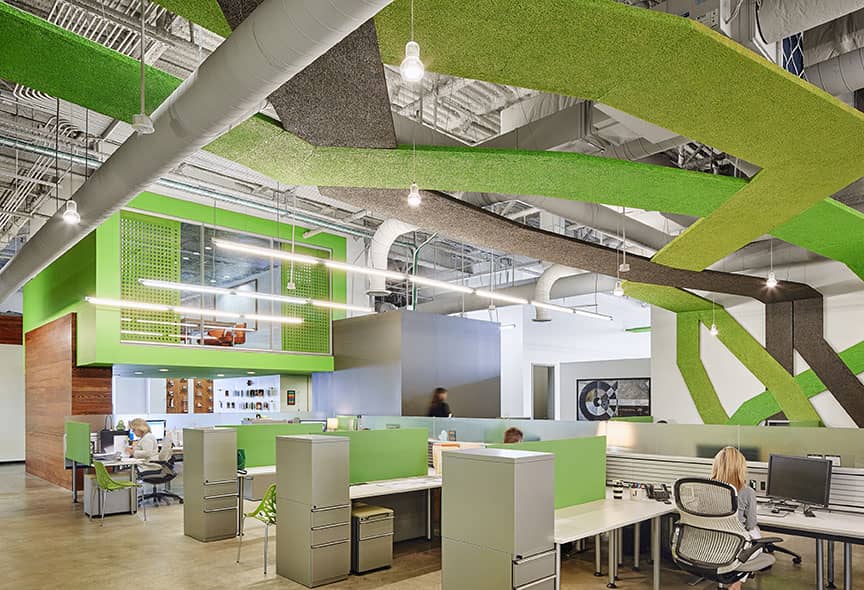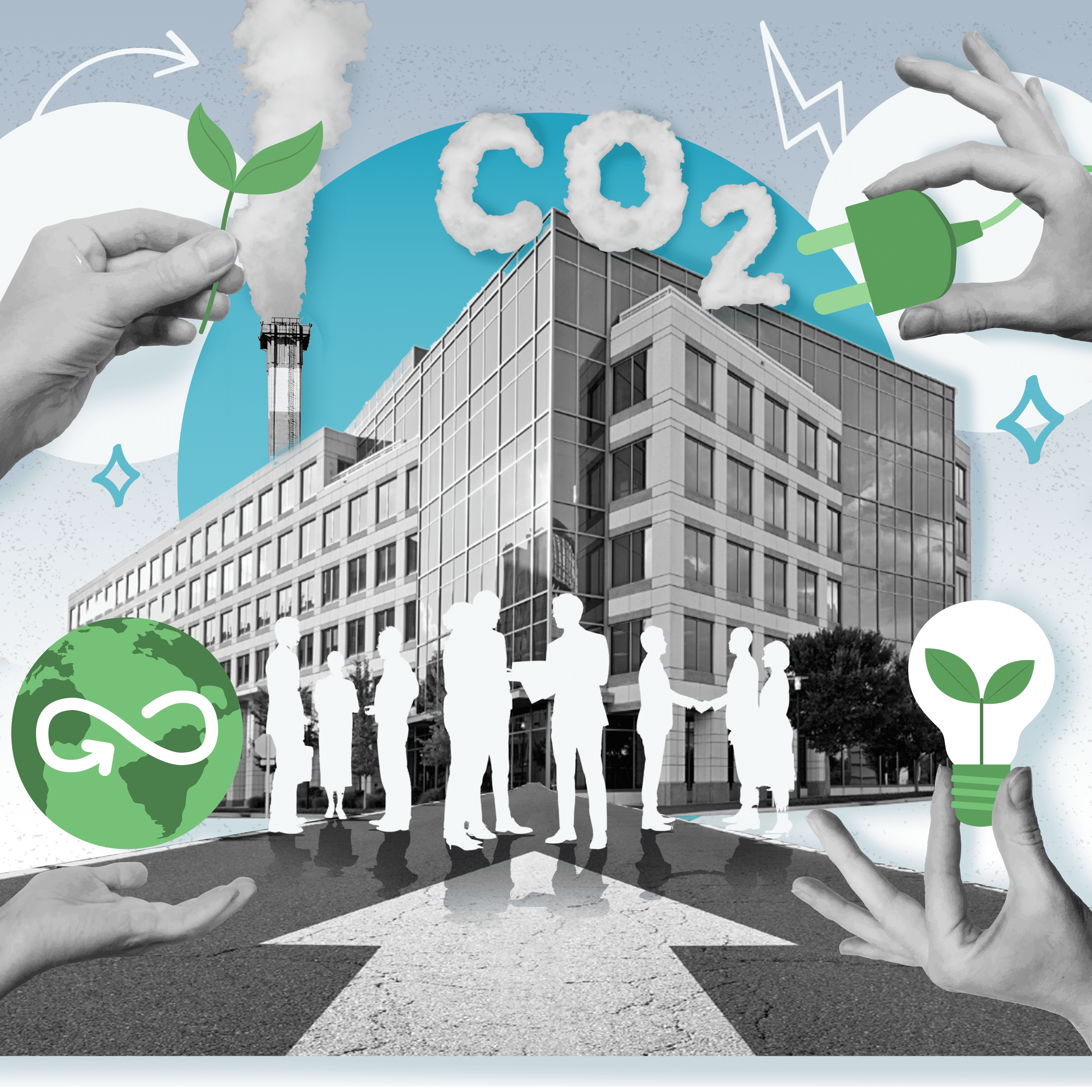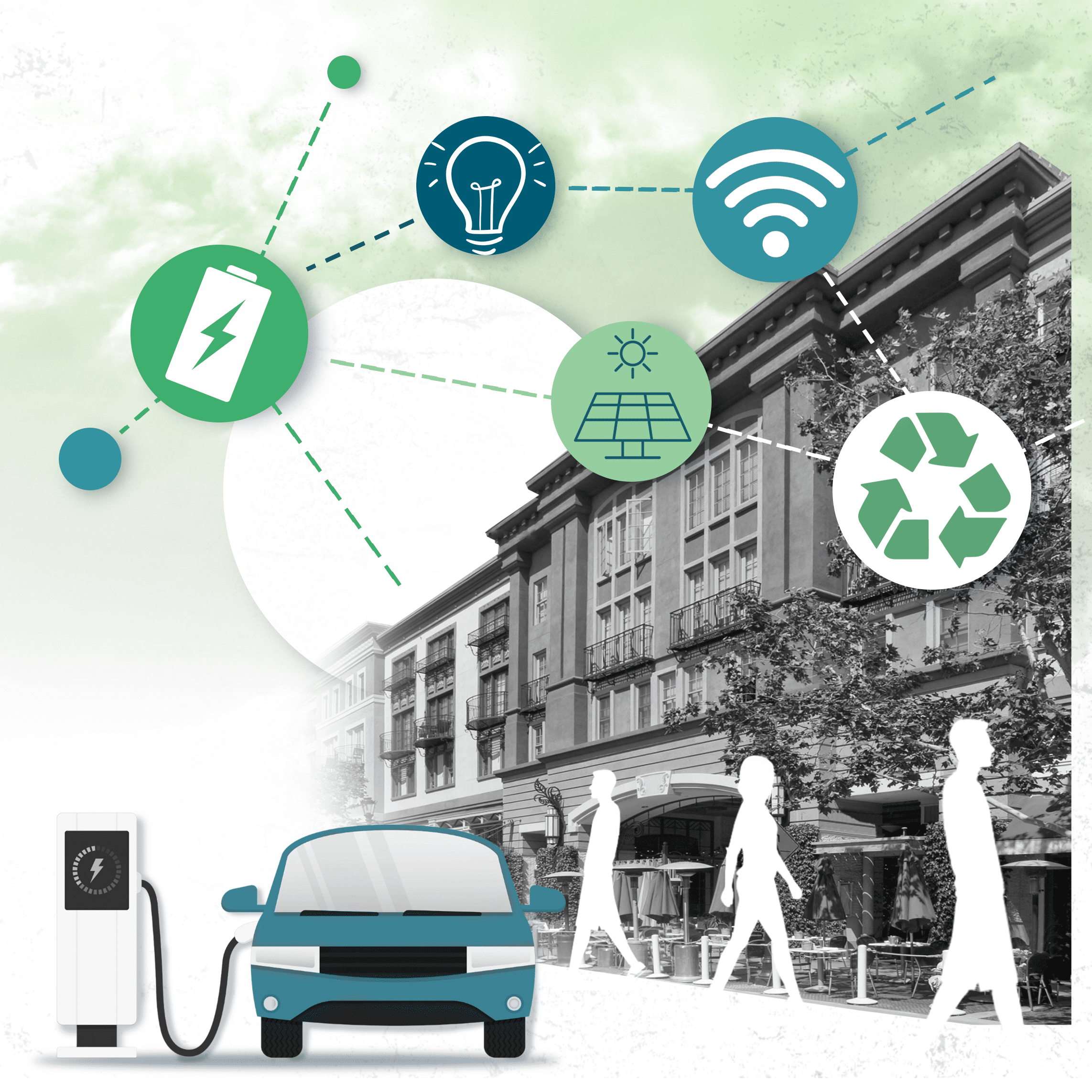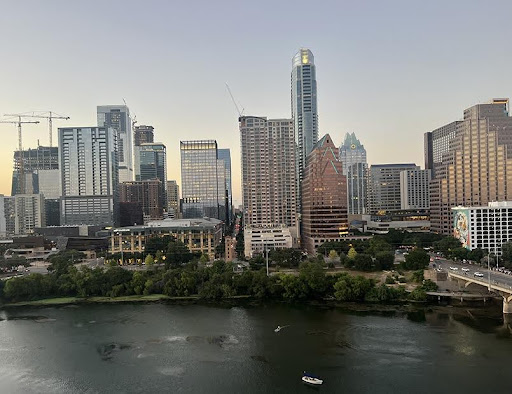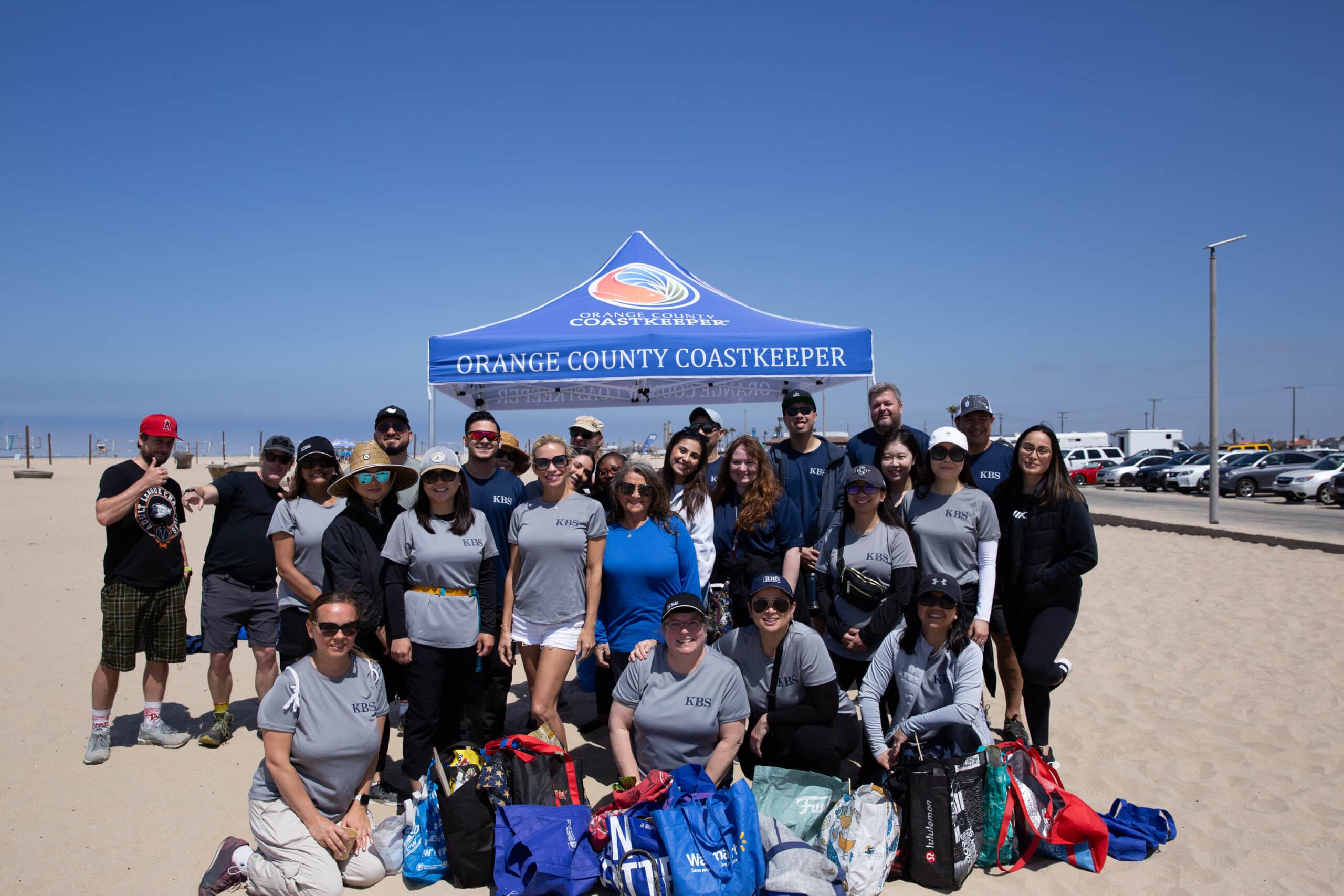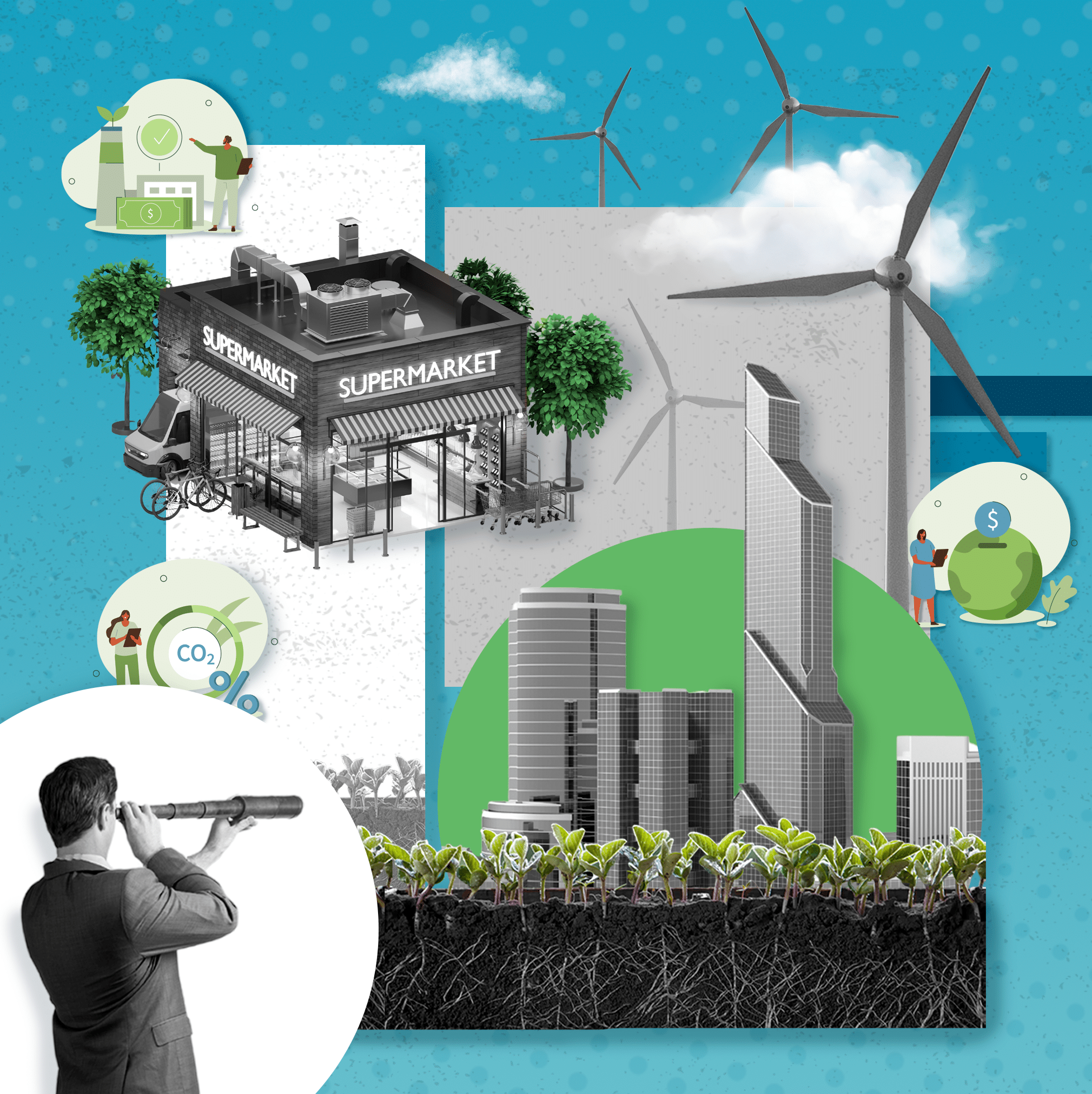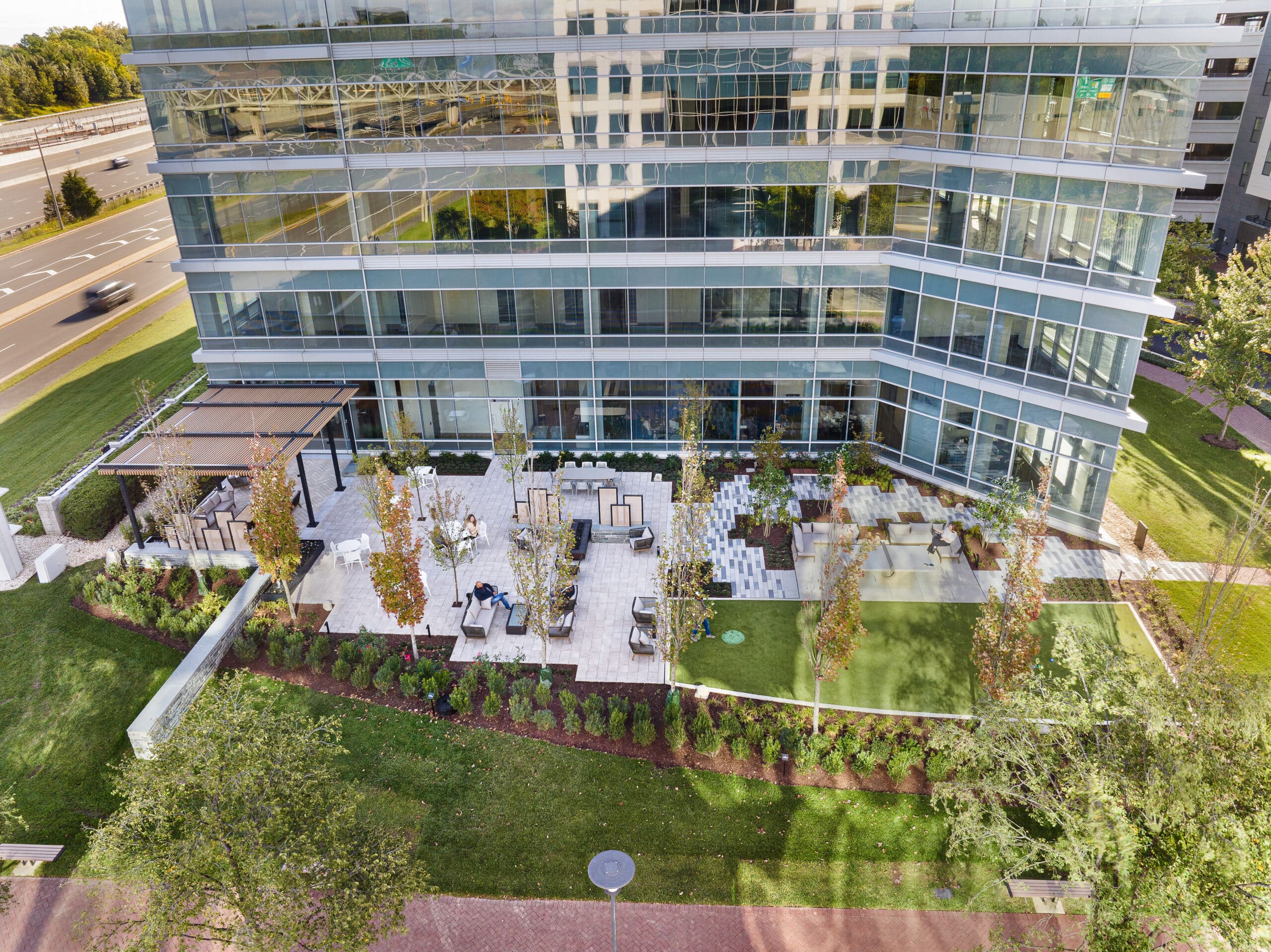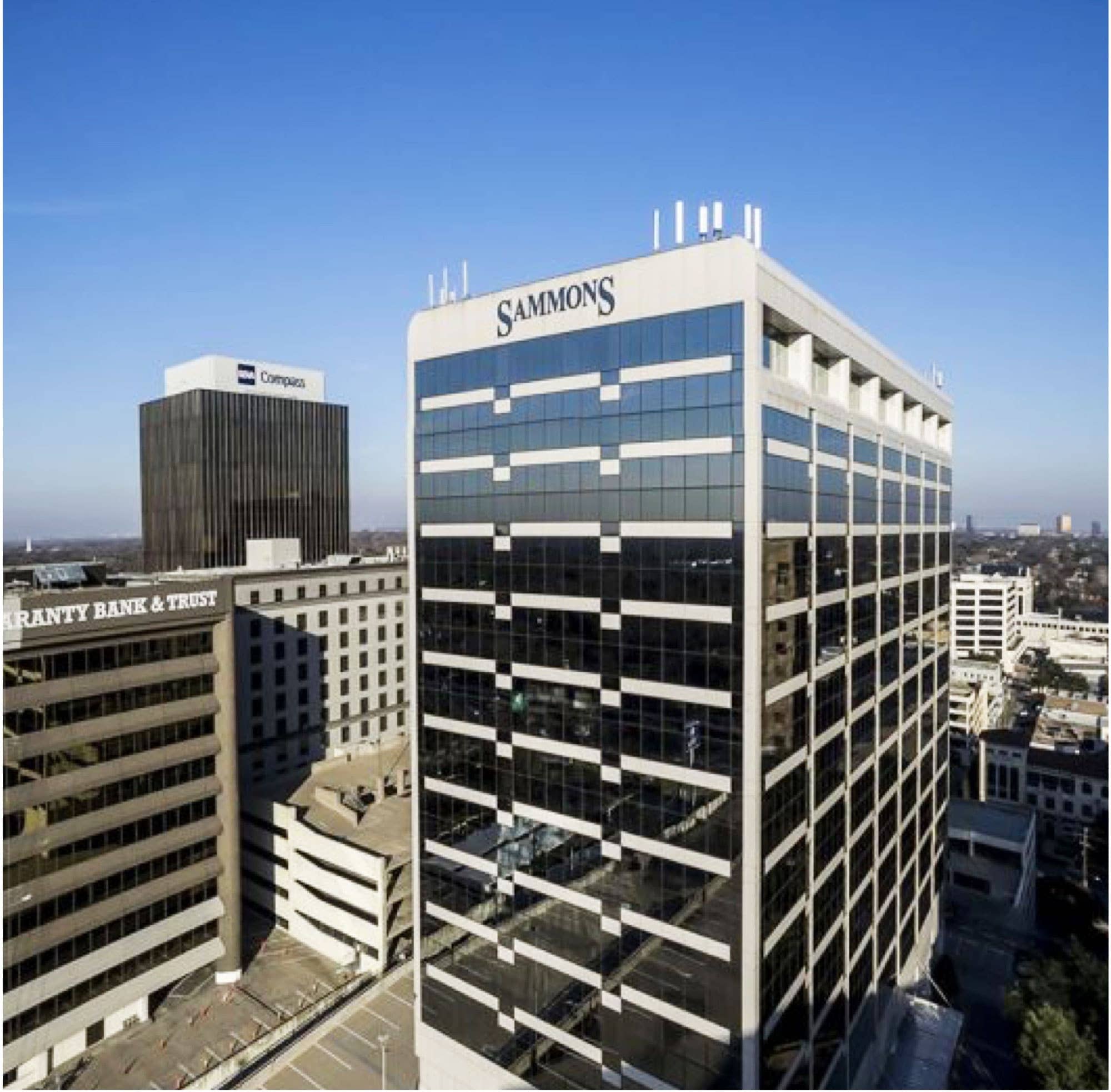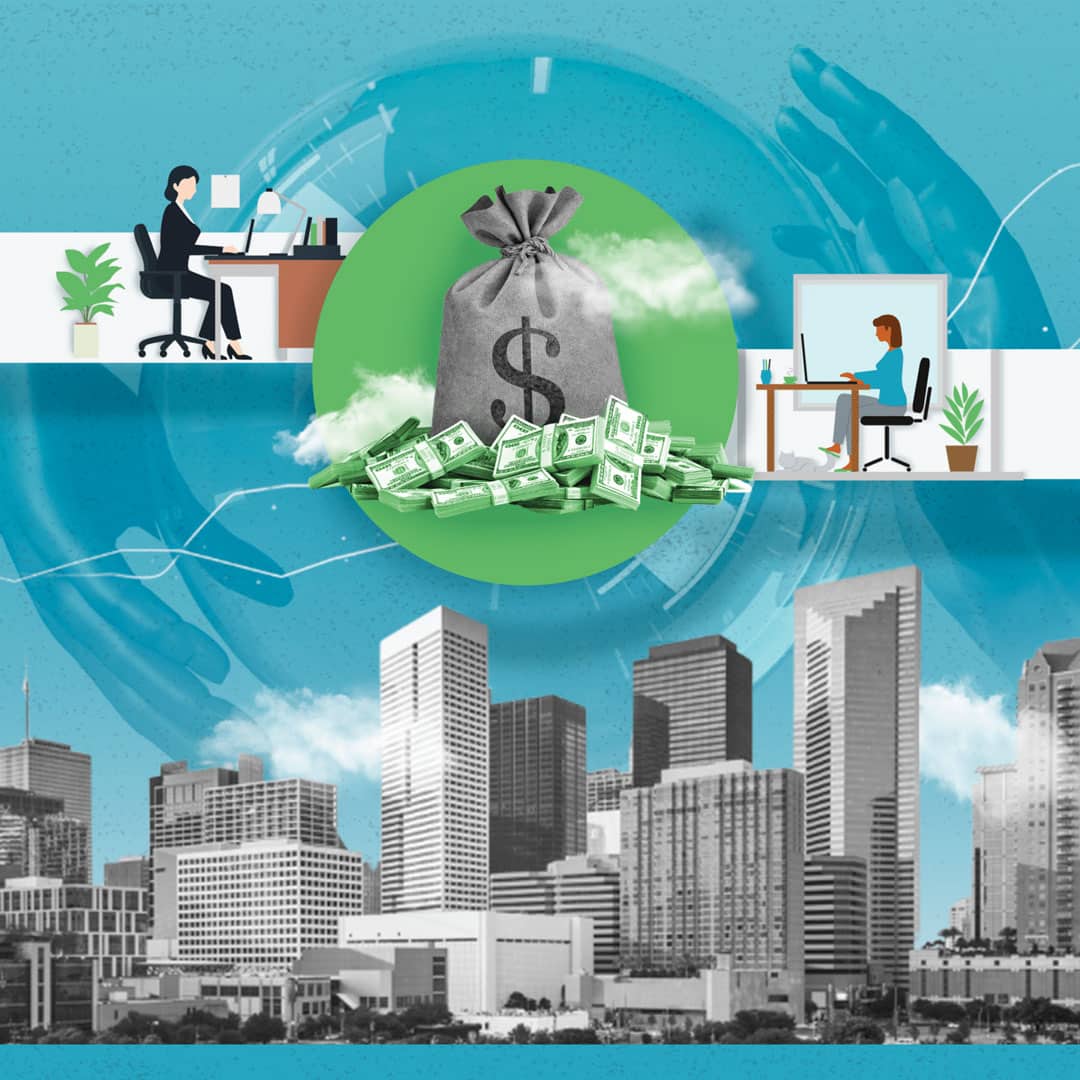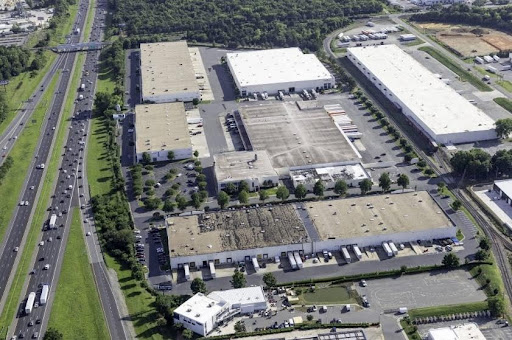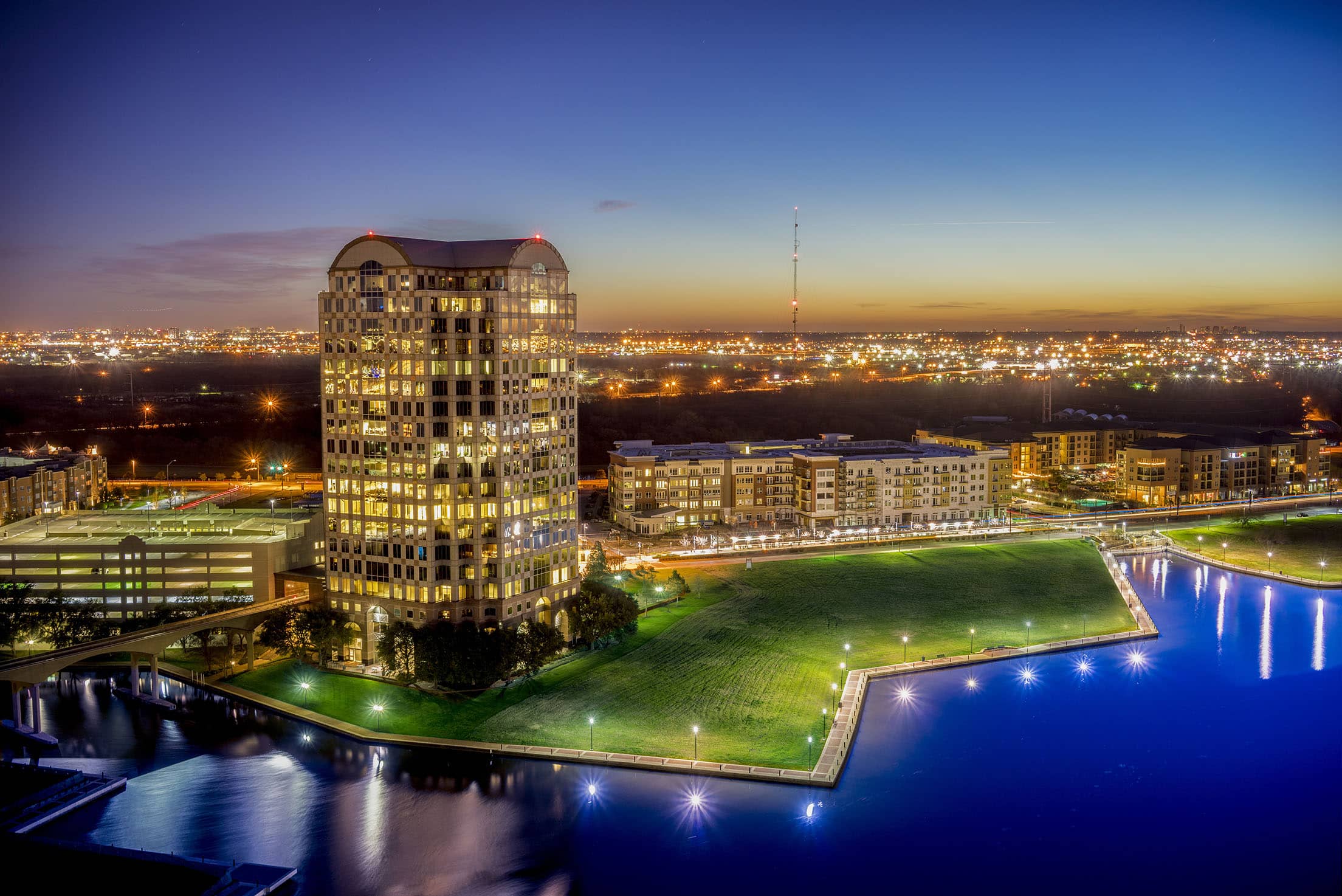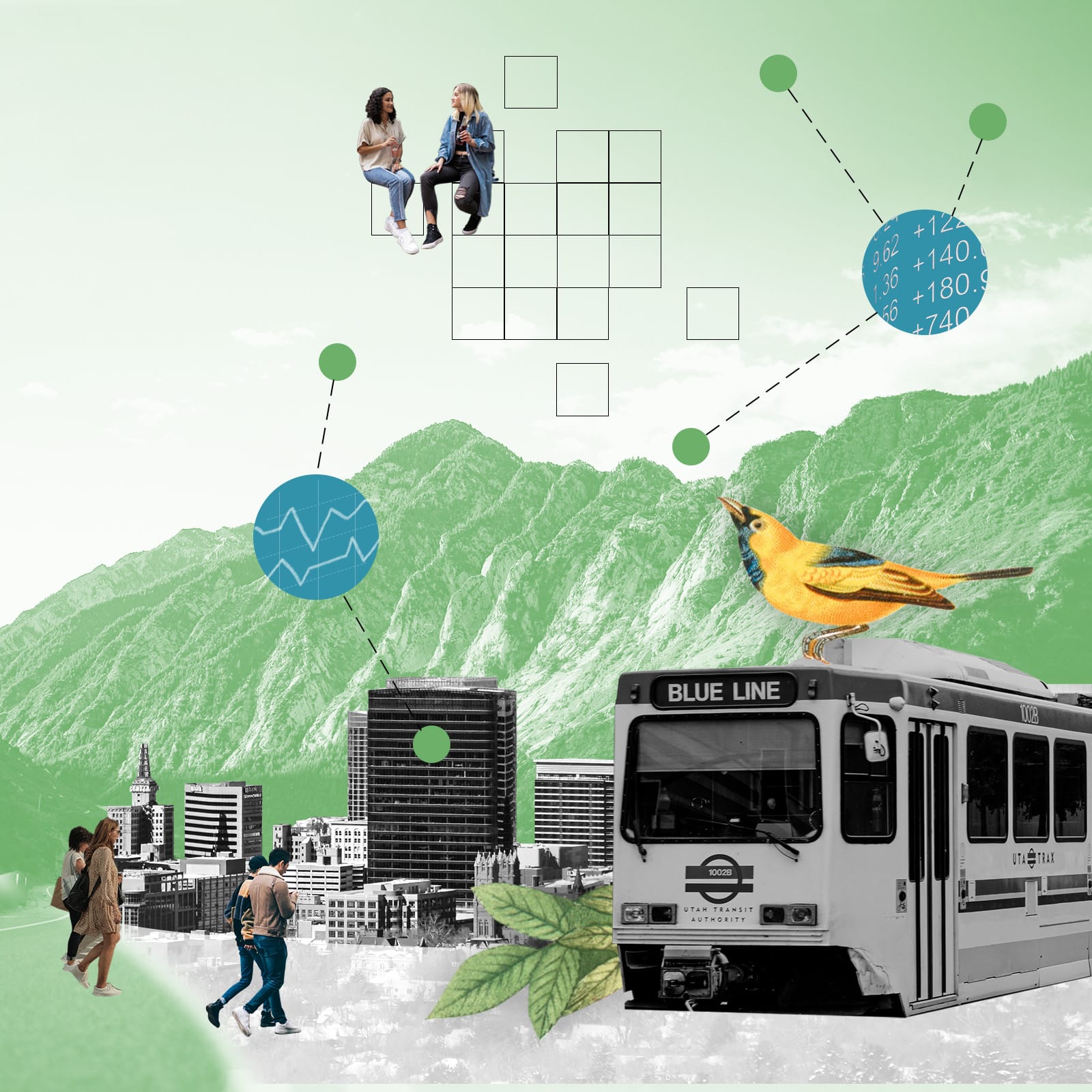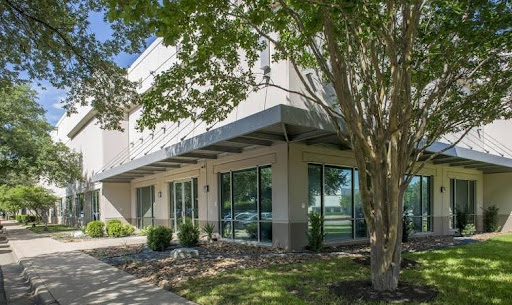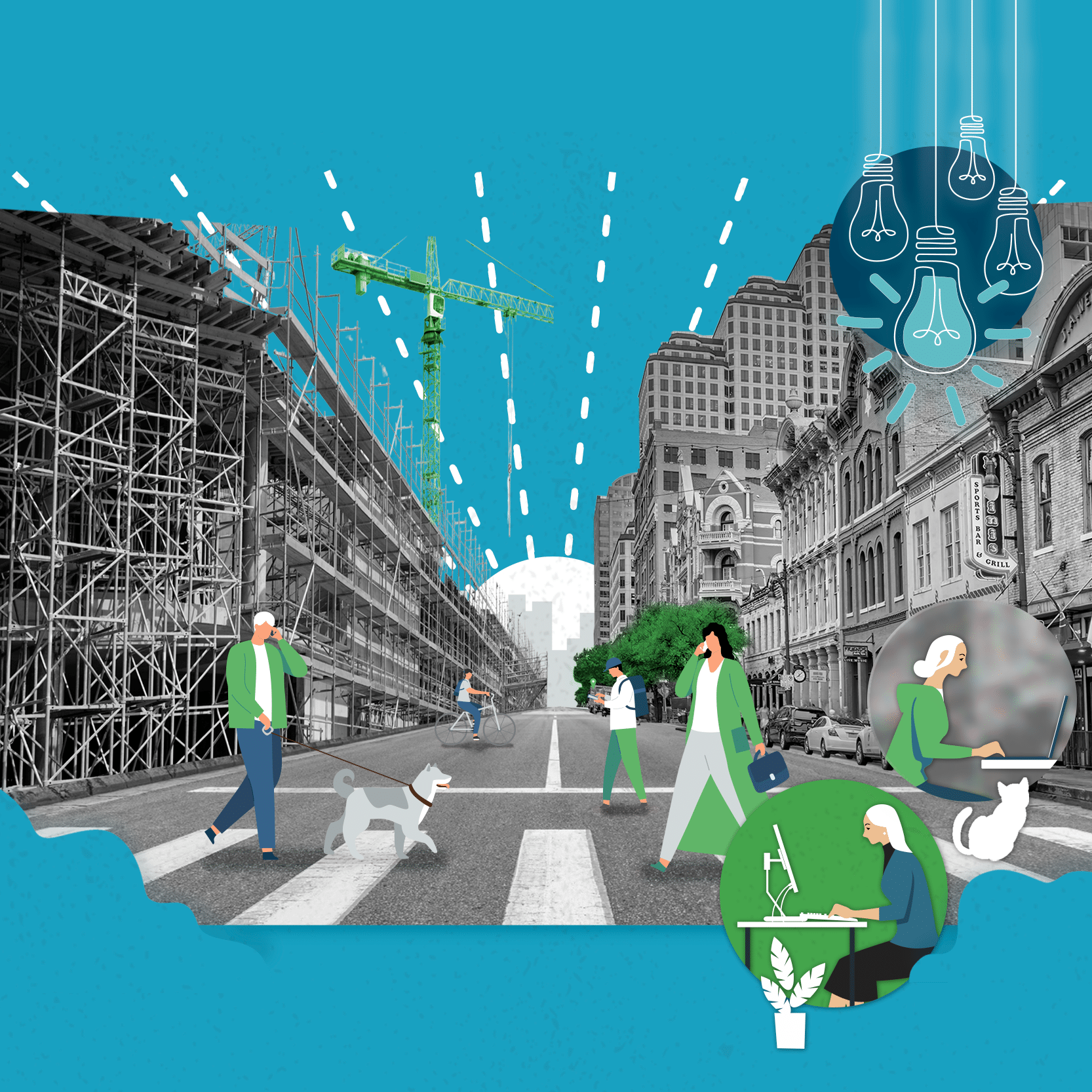Archives
June 23, 2021
The ongoing pandemic has turned many industries upside down. But in an interesting twist, experts say the multifamily space has navigated the crisis surprisingly well when you consider how things started.
May 13, 2021
For the first time an end to the COVID-19 pandemic is in sight. The daily case count has fallen substantially as more and more people have gotten the vaccine and there’s much talk about returning to “normal.” For millions of workers that means going back to downtown business centers and suburban office parks but make no mistake: the pandemic has left its mark, the new “normal” will be very different from the old one.
April 22, 2021
For the first time it appears that the grip of the COVID-19 pandemic has begun to loosen. Hospitalizations and fatalities are down substantially from the highs seen in late 2020 and early 2021, and as a result it’s become possible to think in terms of a post-pandemic world.
April 15, 2021
The COVID-19 impact on real estate and the greater economy was severe in the past year, but its effect on consumer behavior and the resulting implications on tenant businesses are still playing out. Companies know they must respond to both evolving trends and sudden economic swings, but adapting to a once-in-a-century pandemic is another matter altogether. Smart corporations are rethinking their organizational and operational models to effectively navigate the demands and opportunities of an ever-changing market.
March 25, 2021
It may seem like the pandemic has left a lasting impression on the U.S. office market with low absorption rates and many employees working from home, but everything isn’t quite as it seems. John Adams once said: every problem is an opportunity in disguise. In this case, we are talking about the opportunity in subleasing.
May 22, 2024
The company also successfully negotiated a two-year loan extension on
Providence Towers in Dallas, Texas.
May 16, 2024
American workers lag behind their global counterparts in returning to the office
April 23, 2024
High-quality commercial properties in Texas continue to attract buyers.
April 18, 2024
Reimagining the role of downtown cities may save them from the dreaded doom loop.
